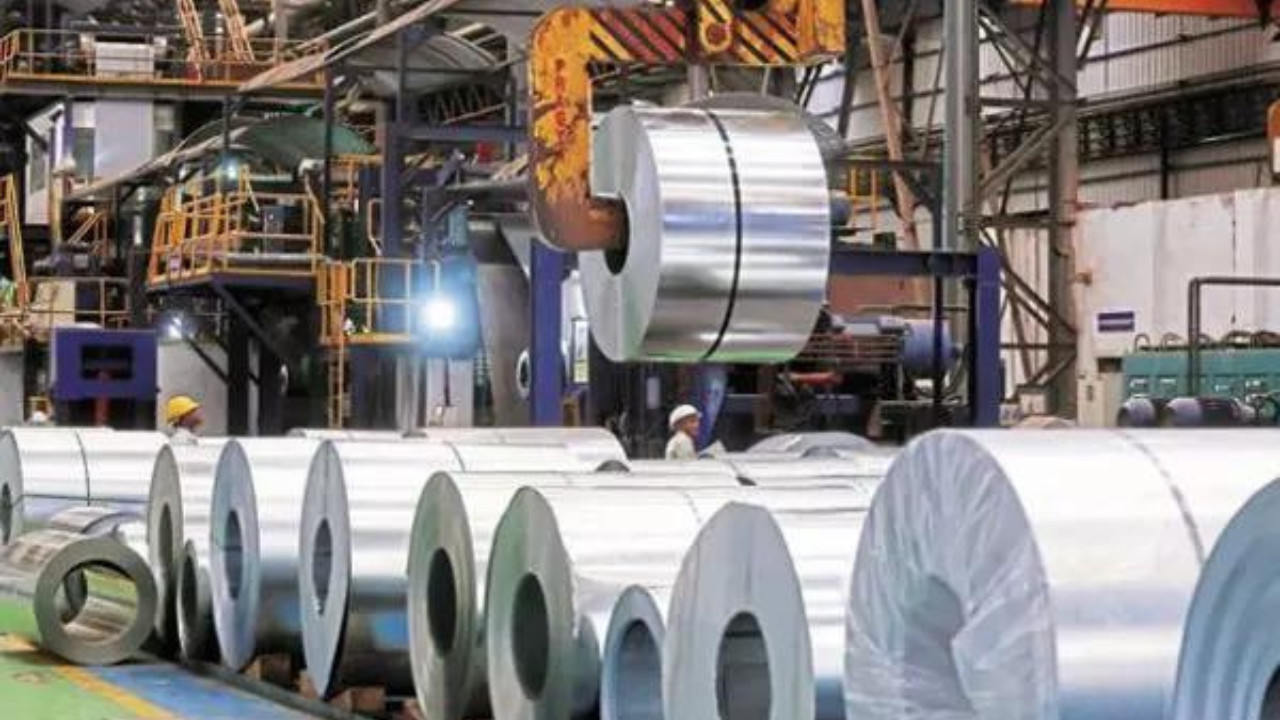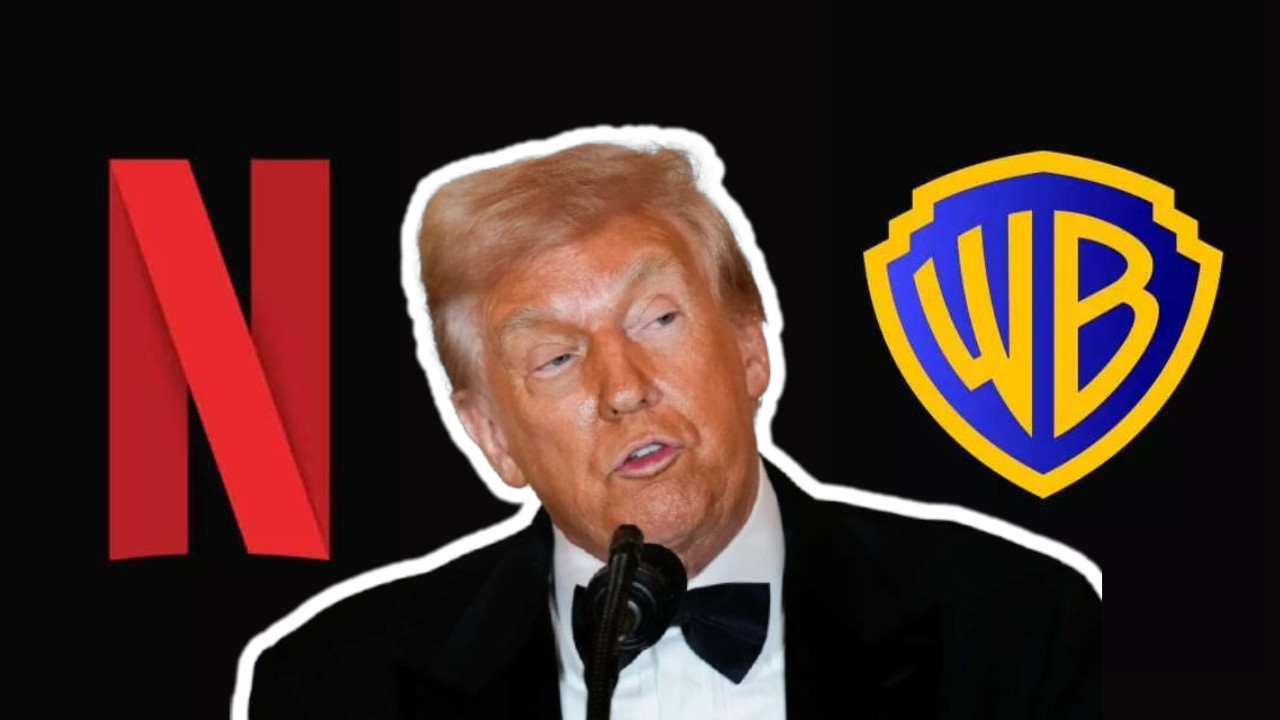Donald Trump has approved Nippon Steel’s US Steel acquisition, contingent on a national security agreement. The deal includes $11 billion in investments by 2028 and a “golden share” for the US government to safeguard national security. US Steel’s shares rose after hours.
The U.S. Steel Saga Takes a Surprising Turn: Trump’s Back – Sort Of
Okay, steel fans, buckle up. This U.S. Steel/Nippon Steel deal has been a rollercoaster, hasn’t it? You remember: the proposed takeover of a cornerstone of American industry by a Japanese giant, sparking debates about national security, jobs, and the very soul of American manufacturing. Well, it just got a whole lot more interesting.
Just when we thought the Biden administration was going to have the final say, former President Trump has thrown a curveball – a signed executive order that appears to approve the acquisition, but with a gigantic asterisk. Think of it as a conditional green light, shimmering with a hint of potential red.
Let’s rewind a bit. Nippon Steel’s bid for U.S. Steel triggered a firestorm from the get-go. Arguments ranged from concerns about foreign control of critical infrastructure to anxieties about the potential impact on American jobs and the steelworkers’ union. It landed squarely in the political crosshairs. The Biden administration, wary of alienating the union vote and keen on projecting a strong stance on American manufacturing, signaled a rather chilly reception.
Now, enter Trump. While he had initially voiced opposition to the deal on the campaign trail, echoing anxieties about American jobs, this executive order tells a slightly different story. It essentially states that the deal can proceed if Nippon Steel fully complies with a national security agreement. What does that agreement entail? Specifics are, unsurprisingly, shrouded in secrecy. We’re talking about national security here, after all. But it’s safe to assume it involves stipulations about data protection, technology transfer, and possibly even guarantees about maintaining specific production levels and jobs in the U.S.
This is where things get interesting. Trump’s move can be interpreted in a few ways. Firstly, it could be a pragmatic attempt to ensure the deal benefits the US, if it’s destined to happen regardless. He might be thinking, “Okay, if this is inevitable, let’s make sure we get the best possible terms.” Secondly, it could be a strategic maneuver. By setting a high bar for compliance, Trump could be positioning himself as the champion of American steelworkers, regardless of the deal’s ultimate outcome.
Then, there’s the third possibility: it’s just plain politics. With the presidential election looming, every action is scrutinized through a political lens. This move allows Trump to walk a tightrope – appearing tough on foreign acquisitions while not completely shutting the door on a significant business transaction.
The implications of this executive order are multi-layered. For Nippon Steel, it adds another hurdle to an already complex process. They’ll need to demonstrate, convincingly and transparently, that they’re willing to jump through whatever hoops are demanded to ensure the deal meets US national security requirements.
For U.S. Steel, the future remains uncertain. The company is stuck between a rock and a hard place. They have accepted Nippon Steel’s offer, but are now subject to intense political scrutiny and potential regulatory roadblocks. The morale of the workforce must be under strain, wondering if their jobs are secure and who their new boss will be, if anyone.
For the Biden administration, it presents a challenge. They now have to decide how to respond. Do they endorse Trump’s conditions, effectively giving the deal their blessing? Do they try to impose even stricter requirements? Or do they try to block the deal altogether, risking accusations of hindering investment and economic growth? It’s a delicate balancing act.
Regardless of the political maneuvering, this deal touches on fundamental questions about globalization, economic security, and the role of government in regulating international trade. Is it beneficial for American companies to be acquired by foreign entities? How do we balance the need for foreign investment with the need to protect American jobs and strategic assets? These are not easy questions, and there are no easy answers.
One thing is for sure: the U.S. Steel saga is far from over. This executive order is just the latest twist in a long and winding road. Keep your eyes peeled, steel watchers, because the next chapter could be even more surprising. What will happen to the stock prices in the coming weeks? What new stipulations will be demanded? What will the steelworkers union say?
The deal itself is massive, with massive implications. This isn’t just about money. It’s about legacy, power, and what it means to be “American” in a globalized world. This is a story that resonates far beyond the balance sheets of steel companies. And that’s why we’ll be here, watching it unfold, one twist at a time.
📬 Stay informed — follow us for more insightful updates!







